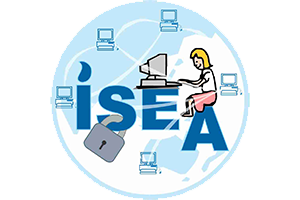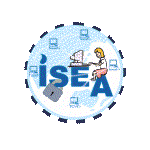Online Banking
Online Banking can also be referred as Internet Banking. It is the practice of making bank transactions or paying bills through the internet. We can do all financial transactions by sitting at home or office. Online banking can be used for making deposits, withdrawals or we can even use it for paying bills online. The benefit of it is the convenience for customers to do banking transactions . The customers need not wait for bank statements, which arrive by e-mail to check their account balance. They can check their balance each and every day by just logging into their account. They can catch the discrepancies in the account and can act on it immediately.
RISKS
Link Manipulation
Most methods of phishing use some form of technical deception designed to make a link in an e-mail (and the spoofed website it leads to) appear to belong to the spoofed organization. Misspelled URLs or the use of sub domains are common tricks used by phishers. In the following example URL, http://www.yourbank.example.com/, it appears as though the URL will take you to the Attacker Database of the your bank website; actually this URL points to the "yourbank" (i.e. phishing) section of the Attacker Database website.
Filter Evasion
Phishers have used images instead of text to make it harder for anti-phishing filters to detect text commonly used in phishing e-mails.
Phishing Attacks
An e-mail message from a large online retailer or Internet Bank website announces that your accountg has been compromised and need to be updated and givbes the link to update the same. So you follow a link in the message, if you click on the link it leads to the website that is as similar as original website, it is spoofed login page. If you give the account details that will be redirected to the attacker and it might be misused.
Malware attacks
Attackers try to send the malware through attachments , try to trap you by sending false emails with attachments saying to update your account information.
TIPS
- Never click web links in your e-mail and no bank will ask you to update the accounts through online.
- Never provide personal information including your passwords, credit card information, account numbers to unknown persons.
- Never keep username, account name and passwords at one place. Always try to remember passwords.
- Always use phishing filters at your Internet browser.
- Do not click any images in the web sites if you are unsure.
- Confirm whether email is received from bank or not.
- Be cautious while providing bank details via online, before proceed further confirm with bank about the email you received. Think that if something is important or urgent why don’t bank calling me instead of sending email?
- Delete all cookies and history file before you perform online transactions Always use virtual keyboard while accessing online banking.
- Delete all the history and cookies once you are done with online transactions.
- Avoid accessing online banking in cybercafes.

